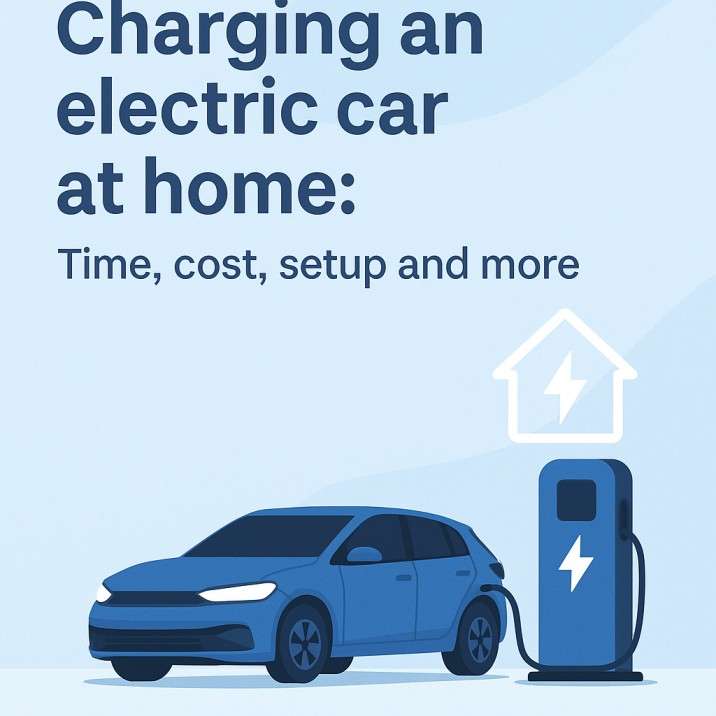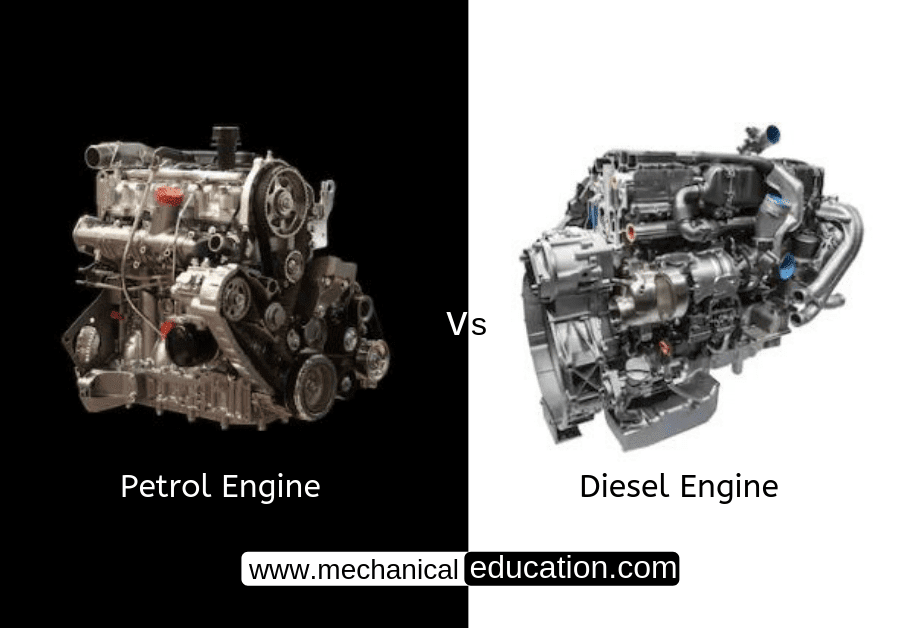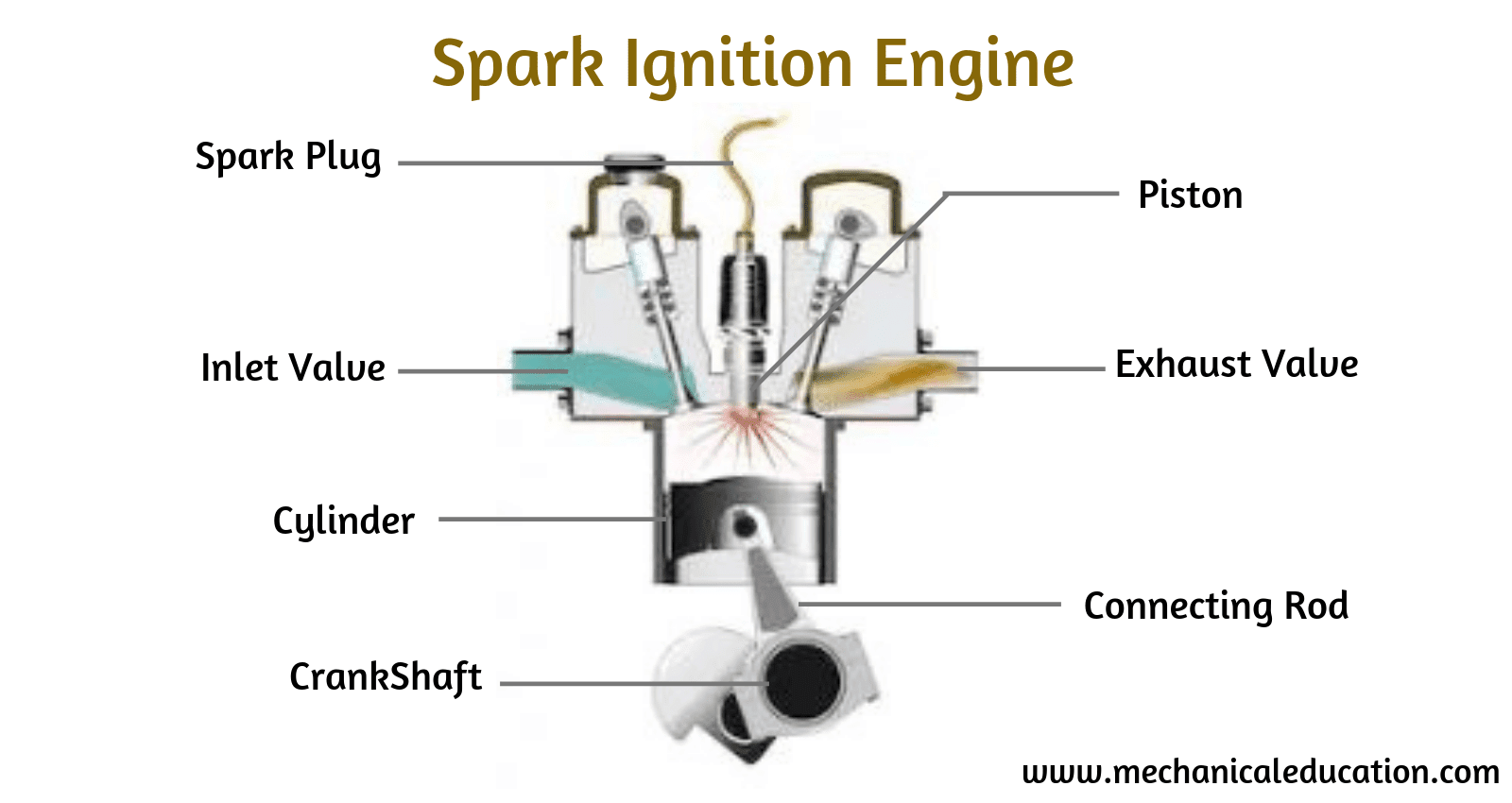Electric vehicles (EVs) are quickly gaining popularity as fuel prices continue to rise and consumers seek environmentally friendly alternatives. But one common concern for potential EV buyers is home charging. Can you really charge your EV at home? How long does it take? What equipment do you need? And more importantly, how much does it cost?
This detailed guide will address all these questions and provide a complete overview of EV home charging, helping you make an informed decision.
✅ How to Charge an Electric Car at Home
Charging an electric vehicle at home is simple, safe, and highly convenient. There are two main ways to charge your EV at home:
- Using a regular power socket (Level 1 charging)
- Using a dedicated home EV charger (Level 2 charging)
While Level 1 charging works directly through a standard 3-pin plug, Level 2 charging uses a special charging station connected to a higher voltage outlet (usually 240V). A professional electrician typically installs this setup.
With the right setup, you can charge your EV overnight, ensuring it’s ready to drive each morning.

☑️ Types of Home EV Chargers
| Charger Type | Power Output | Charging Speed | Time Required (0-100%) | Installation Required | Portable |
|---|---|---|---|---|---|
| Level 1 Charger | 2-3 kW | Slow | 10-20 hours | No | Yes |
| Level 2 Charger | 7-22 kW | Fast | 3-8 hours | Yes | Some |
| Rapid Charger (DC) | 50+ kW | Very Fast | 20-60 minutes (to 80%) | Yes (hardwired only) | No |
✅ Step-by-Step Guide to Install EV Charger at Home
- ✉️ Choose a Charger: Select a charger based on your EV’s battery capacity and charging rate compatibility.
- ⚖️ Evaluate Electrical Load: Ensure your home’s electrical system can handle the additional load. Upgrade if necessary.
- ⚒️ Hire a Licensed Electrician: Professional installation ensures safety and optimal performance.
- ⚠️ Comply with Local Regulations: Check with your local electricity board for permissions and guidelines.
- ✈️ Test the System: Once installed, test your charger for proper functioning and safety.
✅ How Long Does it Take to Charge an EV at Home?
Charging time depends on multiple factors including charger type, battery size, and environmental conditions.
| Battery Size | Charger Type | Charger Output | Approx. Time |
|---|---|---|---|
| 20 kWh | Level 1 | 2.3 kW | 8-10 hours |
| 40 kWh | Level 2 | 7 kW | 5-6 hours |
| 60 kWh | Level 2 | 11 kW | 4-5 hours |
| 60 kWh | Rapid | 50 kW | 40-60 minutes |
Factors that affect charging speed:
- ⛽ Battery Size
- ⚡ Battery Charge Level (empty vs 50%)
- ⏳ Vehicle’s Max Charging Rate
- 🔌 Charger’s Power Output
- ❄ Weather (cold conditions slow down charging)
✅ How Often Should You Charge Your EV at Home?
You don’t need to charge your EV daily unless you’re driving long distances. Most EV users follow a “top-up” approach:
- ⏰ Plug in overnight for full charge by morning
- ⚖️ Charge every 2-3 days based on driving
- ❄ Increase frequency in cold weather
This practice is similar to charging your phone – not necessary to drain the battery completely before recharging.
✅ Est. Cost of Charging EV at Home in India
Charging cost depends on two main factors:
- ₹ Electricity rate (state-specific)
- ⛽ Battery size (kWh)
Let’s take an example:
- EV battery: 30 kWh
- Electricity cost: ₹8 per kWh
Charging Cost = 30 x 8 = ₹240 for a full charge
| Battery Size* | Electricity Rate* | Approx. Cost* |
|---|---|---|
| 20 kWh | ₹8/kWh | ₹160 |
| 30 kWh | ₹9/kWh | ₹270 |
| 45 kWh | ₹10/kWh | ₹450 |
✅ Tips to Reduce EV Charging Cost at Home
✅ Use Off-Peak Hours: Some states offer cheaper rates during night hours. Charging during these times saves money.
✅ Install Solar Panels: Future-ready homes can offset EV charging costs with solar energy.
✅ Match Charger to Vehicle: Avoid overpaying for high-output chargers if your vehicle doesn’t support fast charging.
✅ Avoid Full Charges Daily: Partial top-ups are cost-efficient and healthier for battery longevity.
✅ Benefits of Charging EV at Home
- ☑️ Ultimate Convenience – Charge anytime at home without waiting at public stations.
- ☑️ Saves Time – No need to queue up or travel to charge points.
- ☑️ Battery Longevity – Gentle charging at home supports longer battery life.
- ☑️ Cost Efficient – Avoids premium rates charged at some public stations.
- ☑️ Schedule Charging – Use smart charger features to automate charging.
✅ Final Thoughts
Charging your EV at home is not only convenient but also cost-effective in the long run. With a proper setup and a little planning, you can make EV ownership hassle-free. Whether you’re a new EV owner or planning to buy one soon, installing a home EV charger will empower your driving experience with flexibility, freedom, and future-readiness.
Always ensure your setup is handled by licensed professionals, and make use of smart charging features to optimise electricity usage and battery health.
✉️ Ready to make the switch to electric? With the right home charging station, you’re already halfway there!
✅ Frequently Asked Questions (FAQs)
Can I leave my EV charging overnight?
✅ Yes, especially with Level 1 or Level 2 chargers. Modern EVs stop charging automatically when full.
Can I install a Level 2 charger myself?
⚠️ No. It requires professional installation due to the high voltage and safety concerns.
Do EV companies offer home charger installation?
✅ Yes. Brands like Tata, MG, and Hyundai offer installation packages with EV purchases.
What is the lifespan of an EV charger?
✅ Good quality chargers last 8-10 years with proper maintenance.
What kind of charger comes with an EV?
✅ Most EVs come with a Level 1 charger. You need to buy Level 2 separately for faster charging.
Is it safe to charge an EV at home?
✅ Yes, if you use certified equipment and follow proper installation guidelines.
How often should I charge my EV?
✅ Depends on your usage. Typically, charging every 2-3 days is sufficient for daily commutes.
Can I use solar panels to charge my EV?
✅ Yes. It reduces charging costs significantly, though setup is more expensive initially.
Is charging at home cheaper than public stations?
✅ Generally yes. Home electricity is often cheaper, especially during off-peak hours.
Can I use one charger for multiple EVs?
✅ Yes, but not simultaneously. You’ll have to charge them one after another unless you install a dual-port charger.




